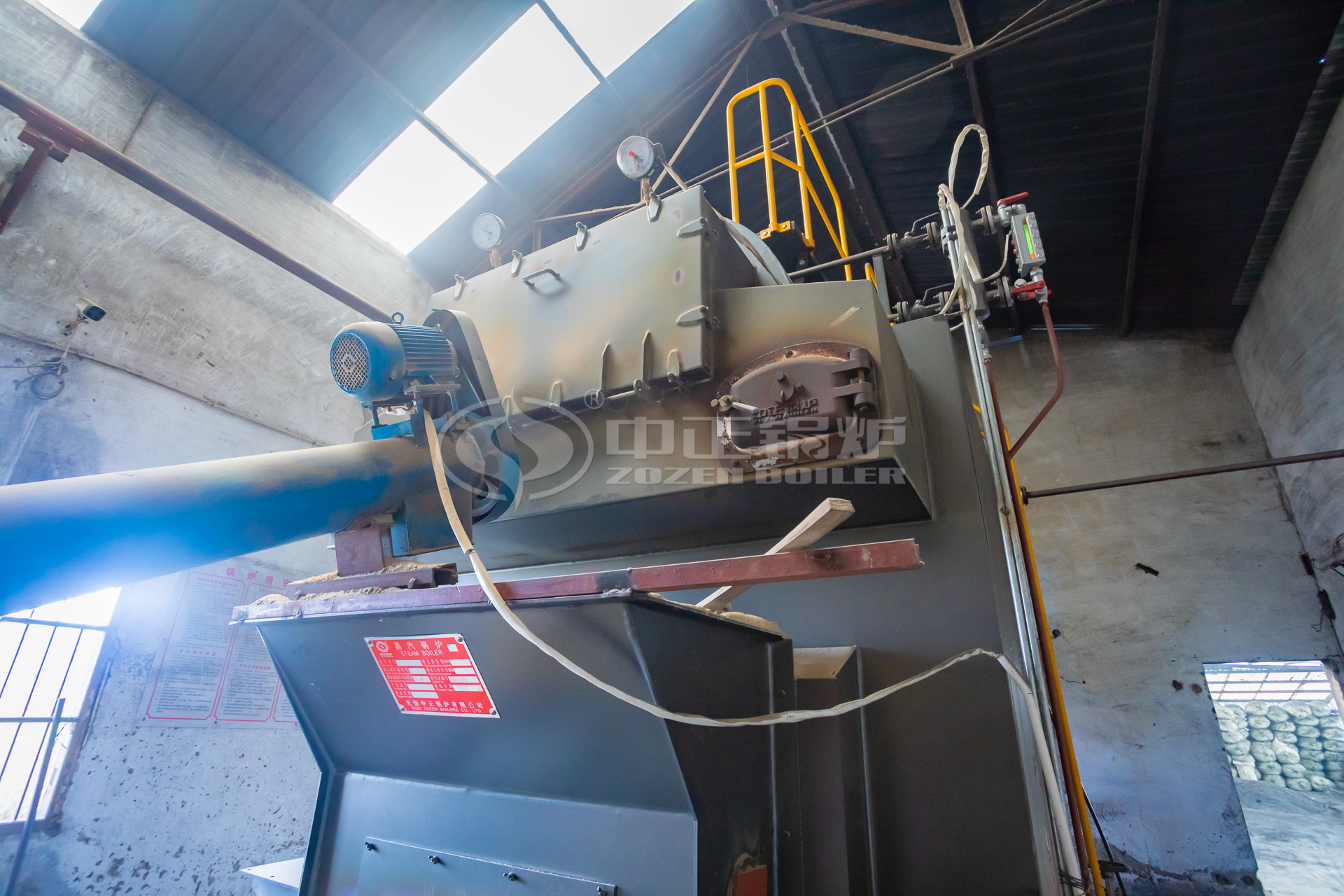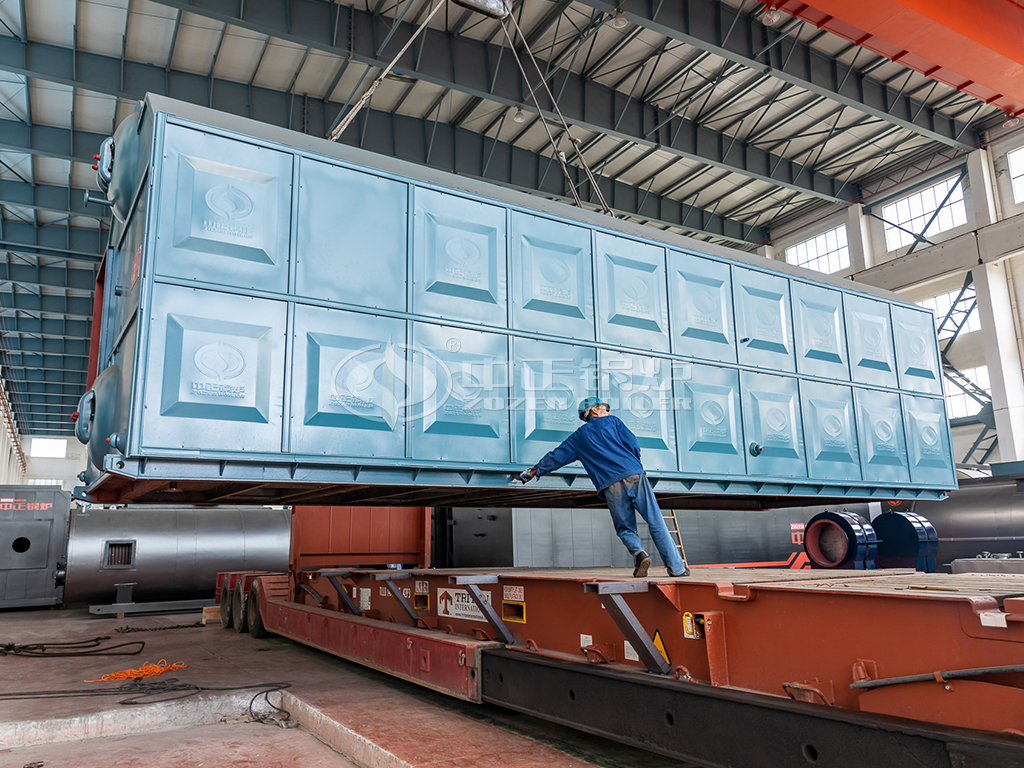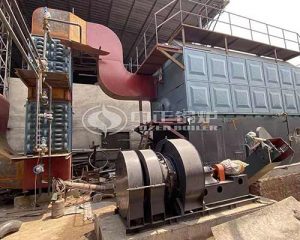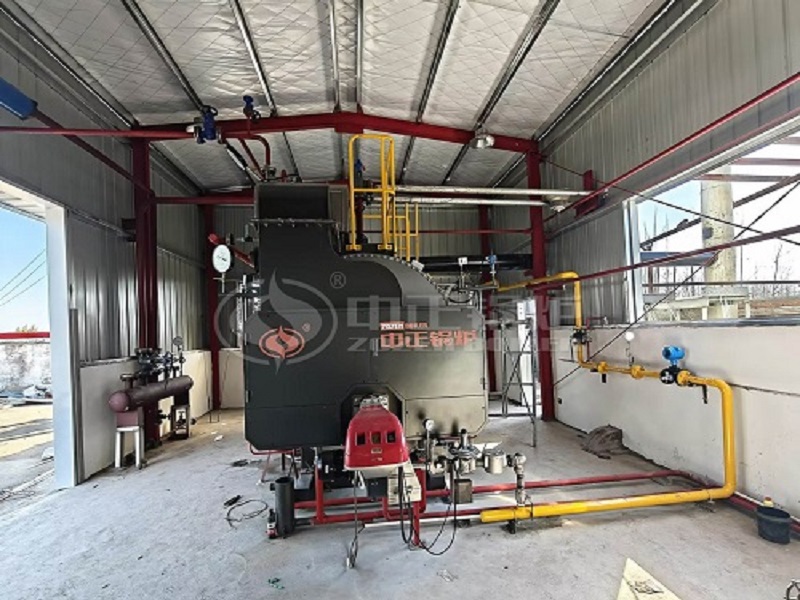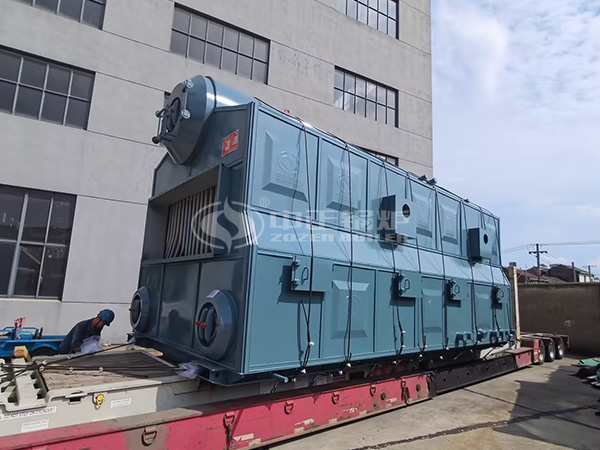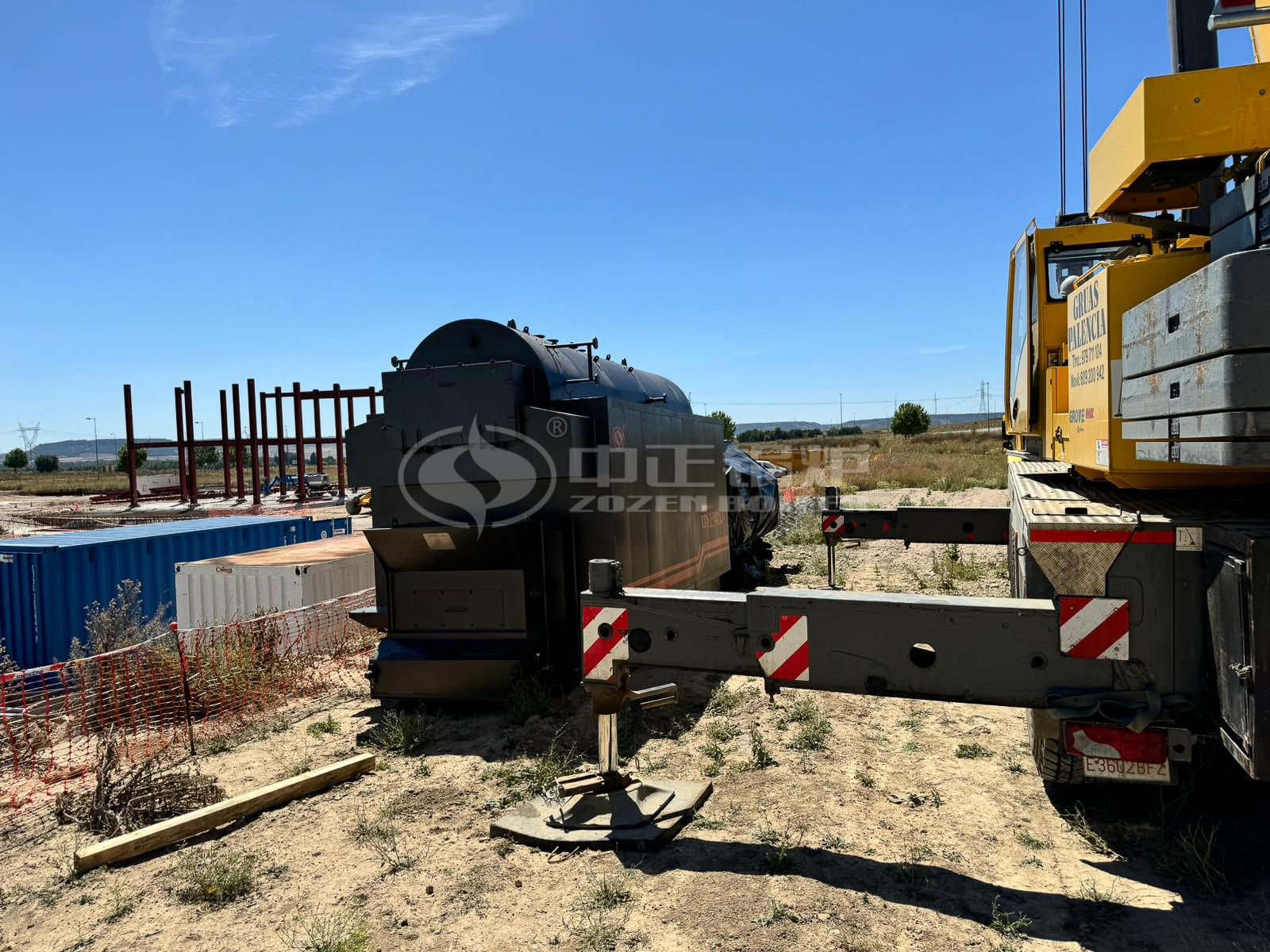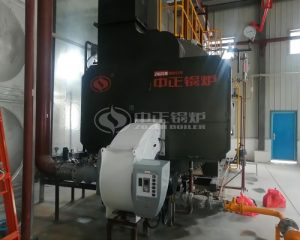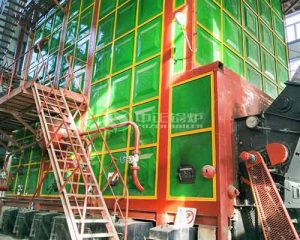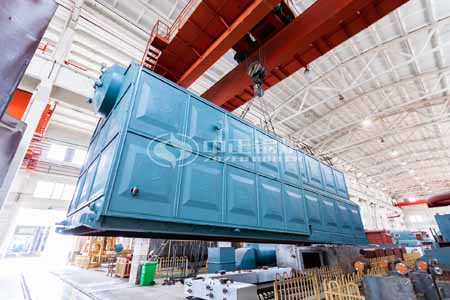Classification of Biomass Boilers
Biomass boilers can be categorized into different types of biomass boilers based on various criteria such as fuel type, combustion technology, and system design. The most common classification methods include grouping them by the fuel they use (wood pellets, chips, logs, or agricultural waste), their combustion mechanism (grate-fired, fluidized bed, or gasification), and their operational mode (manual or automatic feed). Understanding these types of biomass boilers helps industries select the most suitable system for their specific energy needs.
Industrial Applications and Advantages of Biomass Boilers
The various types of biomass boilers are widely used across industries due to their sustainability and cost-efficiency. In food processing, textile manufacturing, and chemical production, biomass boilers provide reliable steam and heat while reducing carbon footprints. One key advantage of these types of biomass boilers is their ability to utilize renewable fuel sources, lowering dependency on fossil fuels. Additionally, modern types of biomass boilers incorporate advanced combustion technologies that minimize emissions, making them compliant with strict environmental regulations. Their high thermal efficiency also ensures optimal fuel utilization, reducing operational costs.
ZOZEN Boiler’s Biomass Boiler Series: SZL, DZL, DZW, and DHL
ZOZEN Boiler offers several high-performance types of biomass boilers, including the SZL, DZL, DZW, and DHL series, each designed for different industrial applications. The SZL series is a double-drum, chain-grate boiler with a thermal efficiency of up to 86%. The DZL series features a single-drum, grate-fired design, ideal for small to medium enterprises with an output ranging from 2 to 10 tons. The DZW series utilizes a reciprocating grate system, making it highly effective for high-moisture biomass fuels like wood chips, achieving over 86.7% efficiency. Finally, the DHL series is a large-scale, corner-tube chain-grate boiler, capable of handling 20-75 tons of steam per hour, perfect for heavy industrial use. These types of biomass boilers from ZOZEN Boiler are known for their durability, automation, and low emissions.
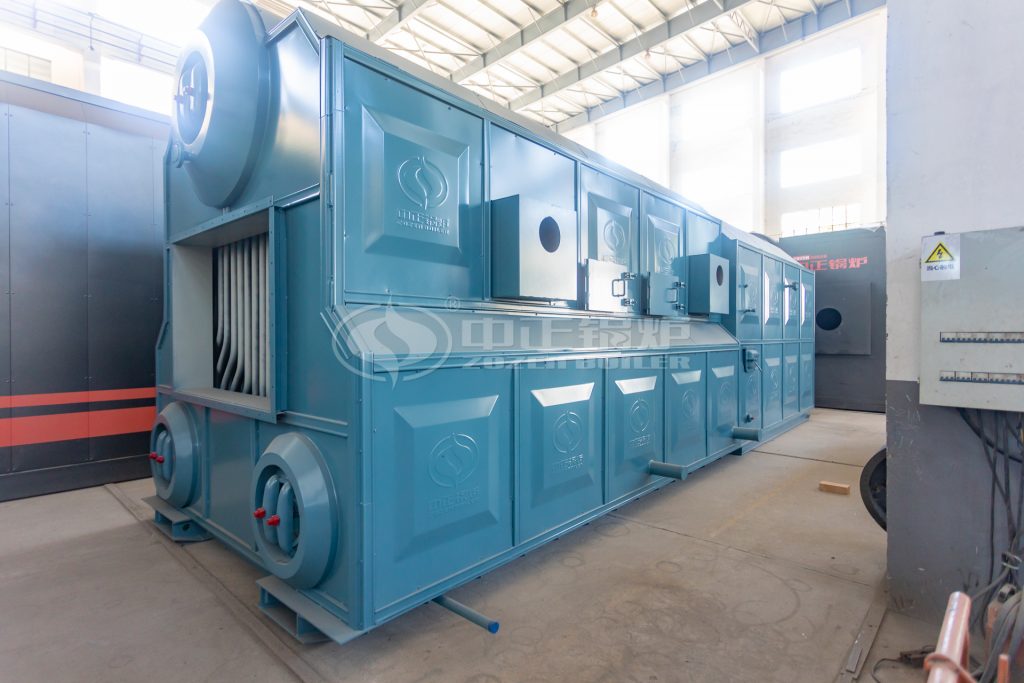
ZOZEN DZW Series Biomass Boilers
Case Study: Central Heating Project with ZOZEN Boiler
A large industrial park sought to transition to clean energy by adopting advanced types of biomass boilers for its central heating system. The project required a solution that could efficiently handle biomass fuels while meeting strict environmental standards. ZOZEN Boiler supplied a 15-ton DZW series reciprocating grate biomass steam boiler, specifically chosen for its ability to process high-moisture wood chips without combustion issues. The boiler’s design prevented fuel accumulation and ensured complete combustion, achieving a thermal efficiency of over 86%. This not only reduced fuel consumption but also significantly lowered operational costs. The successful implementation demonstrated how the right types of biomass boilers can deliver both economic and environmental benefits.
Conclusion
The diverse types of biomass boilers available today provide industries with sustainable and efficient energy solutions. From small-scale pellet boilers to large fluidized bed systems, each type offers unique advantages tailored to different operational needs. ZOZEN Boiler’s SZL, DZL, DZW, and DHL series exemplify how advanced engineering can enhance combustion efficiency and reduce emissions. As demonstrated in the industrial park case study, selecting the appropriate types of biomass boilers can lead to significant cost savings and environmental benefits. For businesses looking to adopt green energy, understanding these types of biomass boilers is the first step toward a cleaner, more efficient future.
